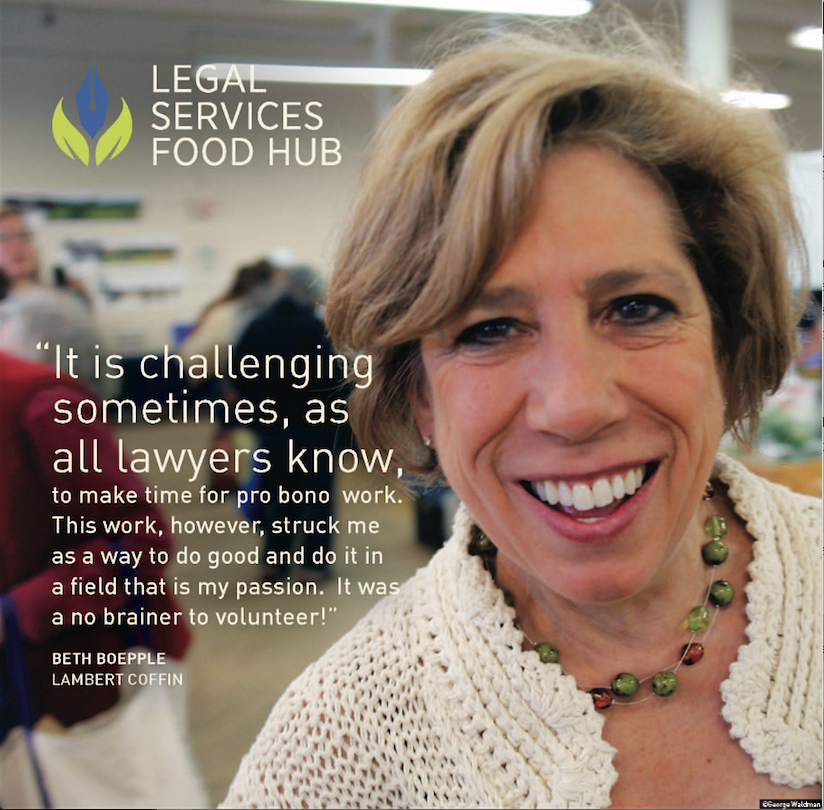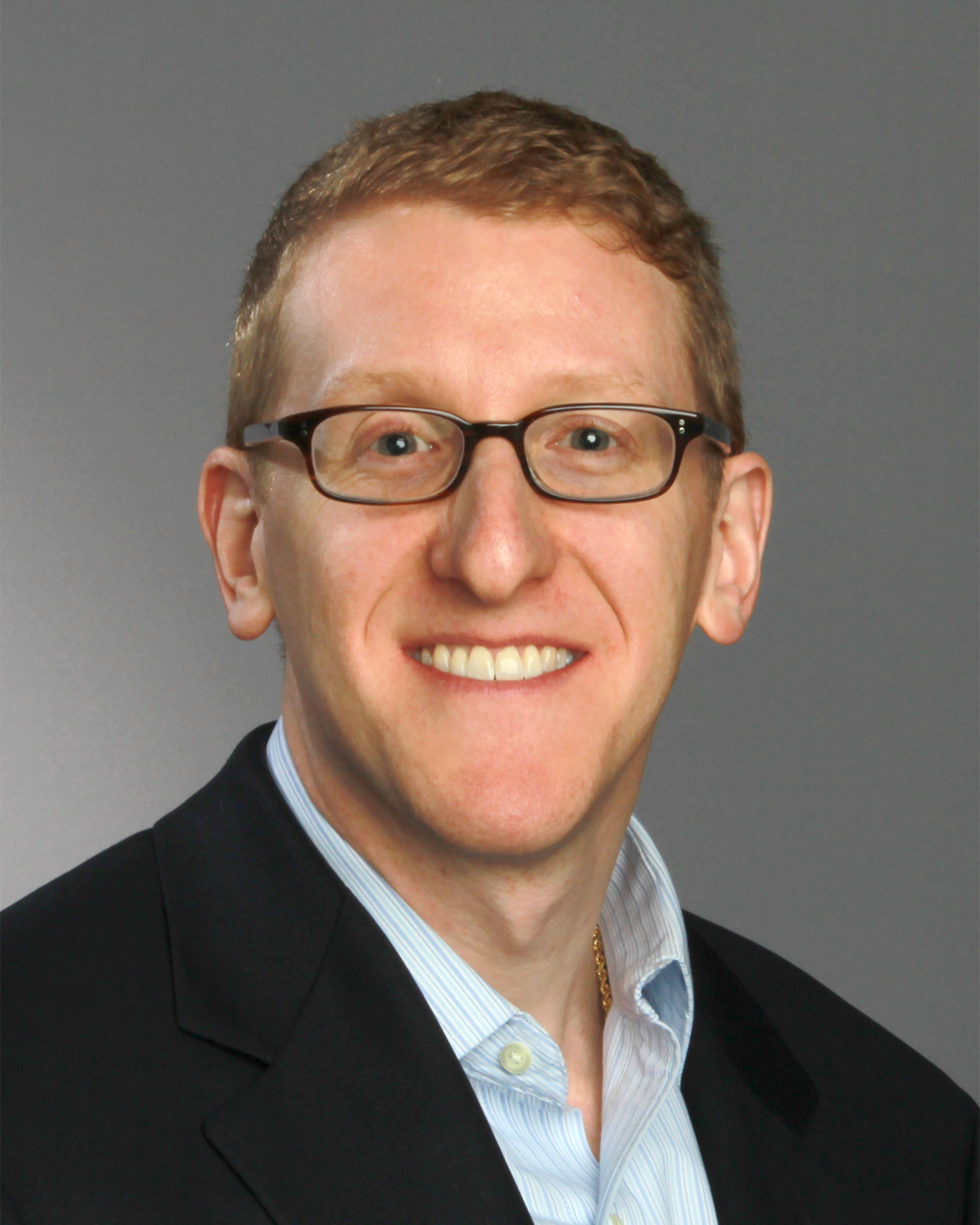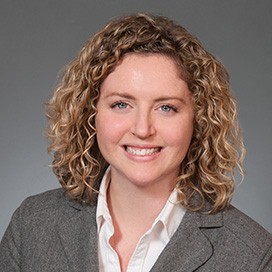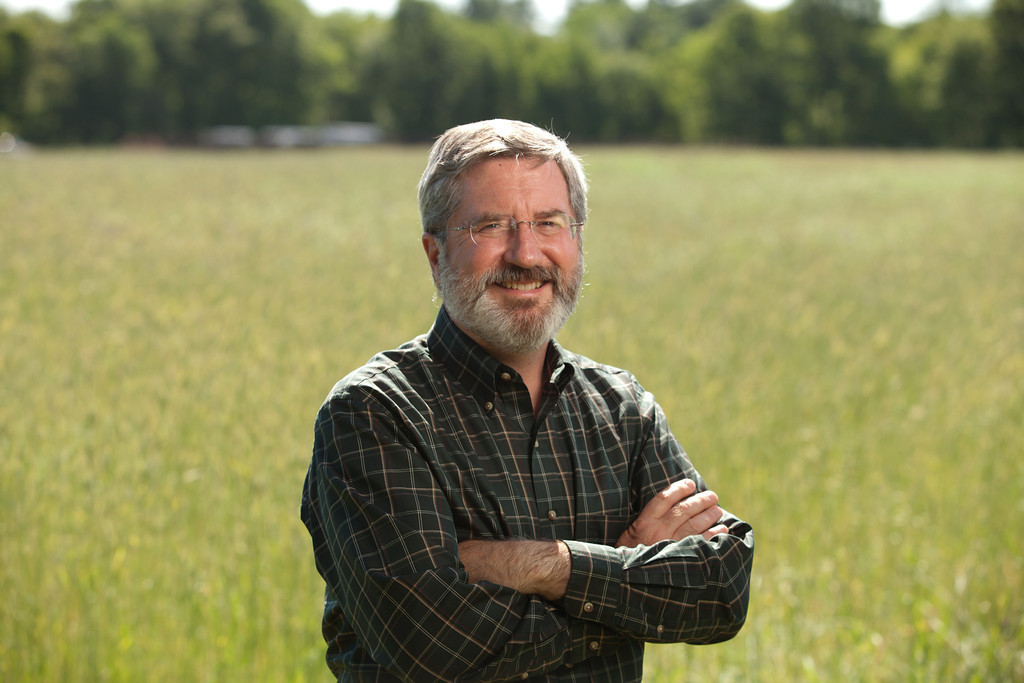Rich Cavanaugh is the founder of Common Grow, LLC, in Orange, Massachusetts, and a graduate of The Farm School. Rich joined the Hub network in July of 2014 and has generously taken on three cases so far. We asked him a few questions to learn more about why he got involved.
What kind of law do you practice? Have you always focused in this area?
Over the last two decades, my practice consisted mainly of civil litigation and counseling nonprofit and for-profit corporations in the firm I helped establish in Lowell, Massachusetts. Two years ago, my wife and I participated in a year-long practical farming program at The Farm School in central Massachusetts. That experience confirmed our desire to shift gears and build a life more closely connected to the land. As a result, I formed Common Grow, LLC, which provides legal and land use services to protect and cultivate the beauty and purpose of farmland in our communities. The scope of those legal services include business organization and governance, real estate transactions, farm succession planning, regulatory compliance, and other areas of interest to those in the agricultural sector.
What size is your firm?
Right now, I’m enjoying being a solo-practitioner.
Why did you decide to volunteer time and expertise to the Hub?
The focus of my new practice aligns perfectly with the mission of the Legal Food Hub, and I feel fortunate to be able to participate at this early stage of the program’s development.
Without providing any confidential information about any of your cases, can you generally describe some of the issues that you have worked on through your Hub cases?
So far, I have assisted a young farmer who was facing eviction from land that he was renting due to actions of a third party. I have also been assisting a newly formed, agricultural nonprofit draft its governing documents and obtain its tax-exempt status, as well as counseling an older farmer who is seeking to step back from the day-to-day responsibilities of her farm while also helping to ensure the long-term viability of the farm and her retirement.
What have been the most challenging and most rewarding parts of the cases you have taken on?
The most rewarding part for me is that I can help those who are committed and talented enough to grow food that is better tasting and better for us and who grow it in a way that is better for our land and helps foster community. The greatest challenge is that many people growing food do it more for the rewarding life it brings than for its monetary rewards. It remains a challenge for farmers to grow in an ecologically sustainable way while also doing so in an economically sustainable way. My hat is off to those who are succeeding at both. We are all the better off for it.
Is there anything else about your experience working with the Hub, farmers and/or food businesses that you’d like to share?
One of the aspects of the Legal Food Hub that I find compelling is that it allows an attorney to provide pro bono services to those who truly deserve the assistance. The Hub takes the laboring oar in interviewing the applicants and helping to find a good fit between lawyer and client. As an attorney looking to provide services to those in our food economy, the Hub provides an easy way to connect with those who could best use some help.




